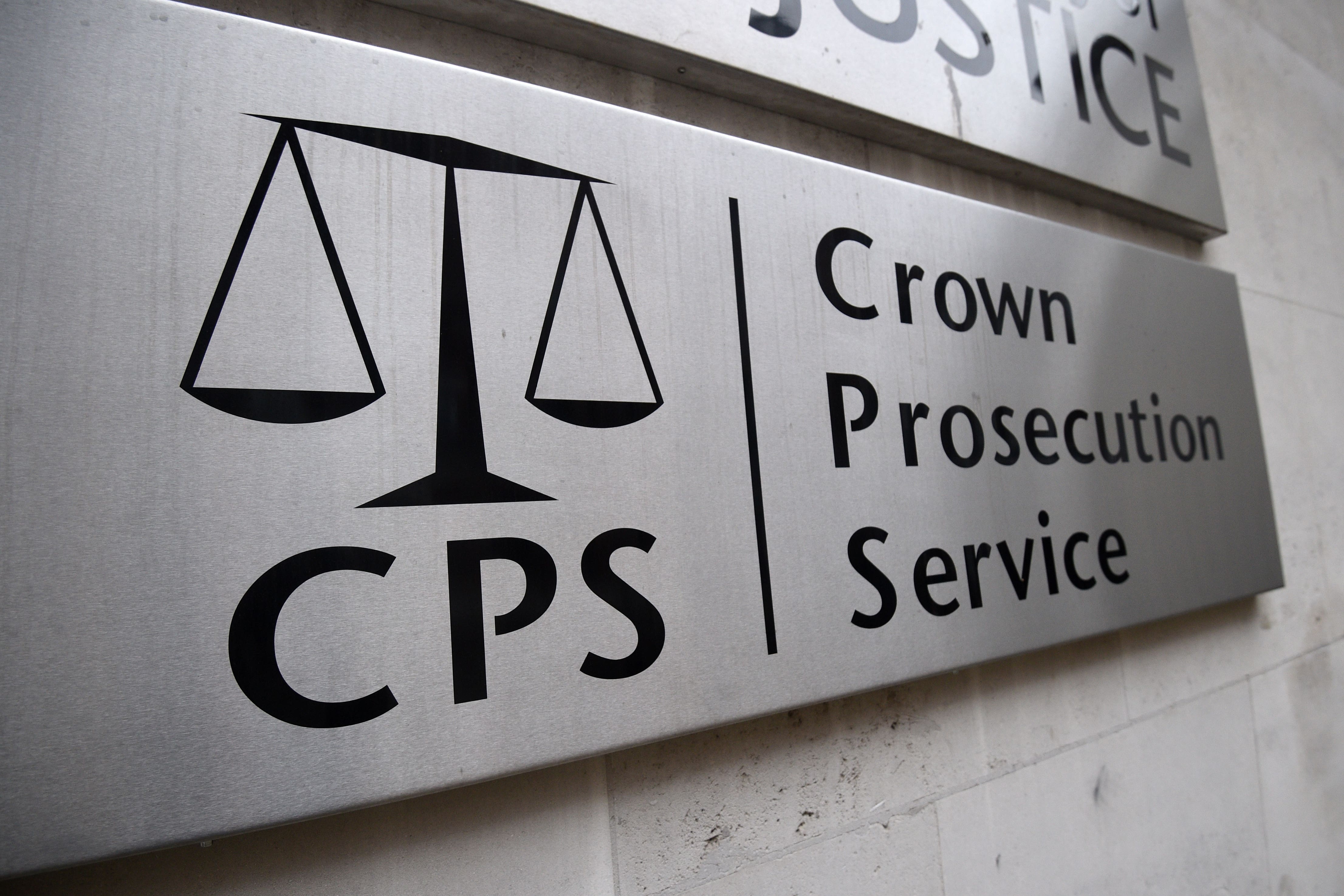CPS updates guidance on mercy killings and failed suicide pacts
The new guidelines aim to give prosecutors clearer direction on how to assess the public interest in these morally and legally complex cases.

The Crown Prosecution Service (CPS) has updated its homicide guidance, specifically addressing mercy killings and failed suicide pacts, in order to increase transparency on “how prosecutors think and decide”.
The new guidelines aim to give prosecutors clearer direction on how to assess the public interest in these morally and legally complex cases, emphasising certain conditions that can sway the decision towards or against prosecution.
Mercy killings involve taking the life of another to alleviate their suffering, while failed suicide pacts refer to agreements between people to die together, where one survives.
We wanted to make it more clear about what sort of reasons a prosecutor might consider making it necessary to prosecute or, in the rare case, saying that it isn't actually necessary to prosecute
Under the updated framework, factors that increase the likelihood of prosecution include situations where a suspect dissuades a victim from seeking medical treatment or when the victim is under the direct care of a healthcare professional involved in the act.
On the other hand, cases where the victim had a clear, informed desire to end their life, or where the suspect acted hesitantly due to significant emotional pressure from the victim’s wishes, might deter the decision to proceed with prosecution.
Speaking to the PA news agency, the Director of Public Prosecutions Max Hill KC said these changes will not result in fewer court cases or murder charges.
He said: “I think it’s been a very useful exercise to conduct a broad consultation which, by the way, led to more than 1000 responses, and for us to reflect on how we can be more transparent about what a prosecutor does and how a prosecutor thinks when making a decision.
“We have made a number of changes to our guidance, but it doesn’t follow from that that I’m predicting fewer cases going to court or fewer charges of murder.”
Mr Hill stressed “it is murder to kill another person even when you are carrying out the wishes of another person”.
He added: “So my strong message is that the public interest in charging homicide cases and taking them to court is very high and remains so even after we publish this guidance and there are going to be circumstances, even going through the extra content of the code, where a prosecutor should conclude that the case will go ahead and any consideration of mercy is for the court and not the prosecution.”
He went on: “Having said that, I think that we wanted to make it more clear about what sort of reasons a prosecutor might consider making it necessary to prosecute or, in the rare case, saying that it isn’t actually necessary to prosecute.”
Besides the central revisions, the updated guidance also incorporated insights on situations where a suspect’s actions, particularly in the context of domestic abuse, could have been a catalyst for the victim taking their own life. There’s also added clarity on addressing cases that involve the death or grievous harm of children or vulnerable adults.
Mr Hill said: “The guidance now says that murder or manslaughter can be the right charge, even when you’re dealing with a suicide if that suicide was brought about by unlawful activity by the suspect.
“And that is a powerful example of where prosecution can follow, which perhaps wasn’t clear enough in previous guidance, but we’re very concerned about the extent of coercive and controlling relationships.
“I’ve spoken a lot in the past about domestic abuse and the surge in that as a part of the crime wave in this country.
“And I did want to be clear, that you may find that a charge of murder is applied by the CPS even after suicide, where what went before was unlawful activity in the context of a coercive relationship.”
The CPS added that a person could only be charged with murder if there was the intention to kill or cause really serious harm.
Reflecting on the challenges of updating the guidance due to its ethical dimensions, Mr Hill acknowledged: “We are always conscious that the CPS doesn’t make the law. It’s only Parliament to do that. And we always follow the law that Parliament imposes and there’s nothing in this guidance that would suggest anything otherwise.”
The revised guidance does not discuss “assisted dying” or similar situations, which have their own legal distinctions.
The update followed a 12-week public consultation between January 2022 and April 2022, and a total of 1,271 responses were received.
Mr Hill is due to step down as Director of Public Prosecutions later this year.
Bookmark popover
Removed from bookmarks